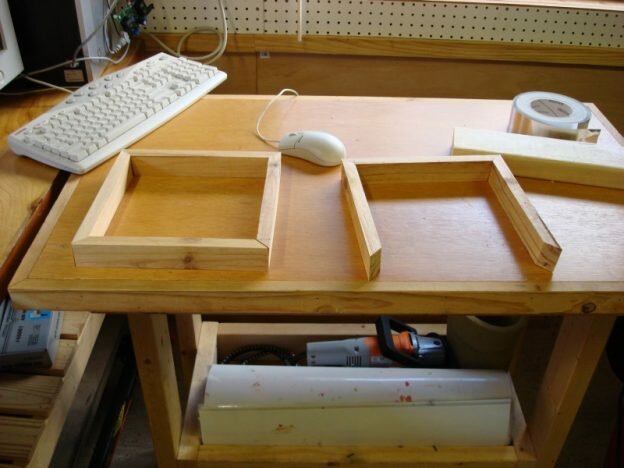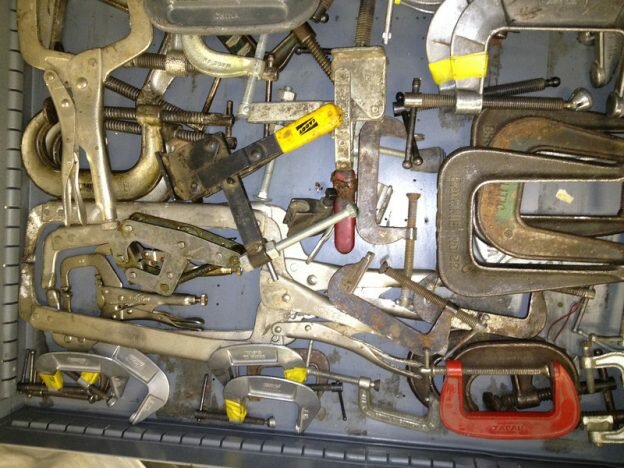Getting the perfect log splitting tool isn’t very easy. You can find anything from a huge gas guzzling monster ready to crush logs into tiny little bits and pieces, and a lever axe that has been specifically designed to tear through bogs on the first swing. Depending on whether you want to use it commercially or residentially doesn’t make too much of a difference, but still, the frequency at which you will have to chop your wood is going to be an important factor to take into consideration. If you have just found out about these tools, and are looking to buy one, don’t rush into your purchase haphazardly.
Don’t get distracted by low prices
According to http://splittingwood.net/, many first-time shoppers are lured to the wrong choices by low prices, which is normal, considering that we all want to save some of our hard-earned money. When you go and make a bigger investment like this, you have to think about the long-term scenario. Are you willing to spend enough money to get a good quality log splitter that is going to serve you for years? If you want to cheapskate your way through a long splitter, what you are most likely going to be stuck with his a no-name manufacturer’s tool which is going to last for about a month before a crucial part breaks down and you find out it can’t be replaced because it no longer exists. You might even discover that the manufacturer you have chosen thanks to the low price actually offers no warranty, so the money you thought you saved on your initial purchase is probably going to go to costly repairs.
Pick your poison
Not all of them are intended for different kinds of use. Some of them are more tailored towards industrial use, while lighter models are specifically meant for households and residential use. Keep in mind that industrial grade machines and tools in this range have to be made to outlast hours and hours of constant splitting before showing even the slightest signs of wear and tear, which is ultimately going to make them cost a lot more, and they might be of a bigger size, too, to support the workload of an industry that would need a log splitter. Buying one of these for residential use only is going to be a pure waste of money, so you were not necessarily forced to choose industrial grade log splitters, because there are ones that take fire starting homeowners into account.

